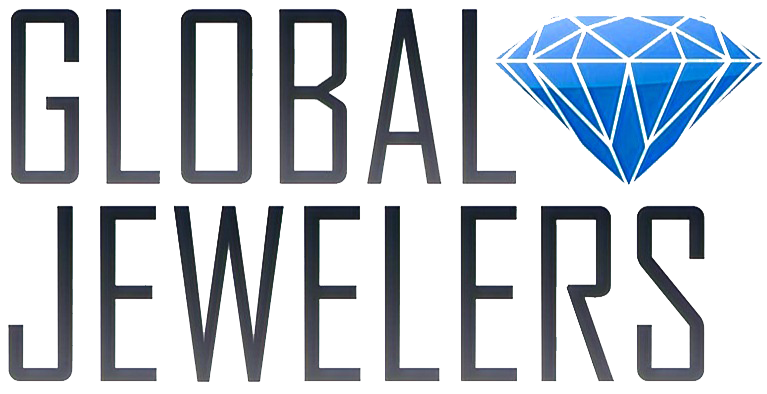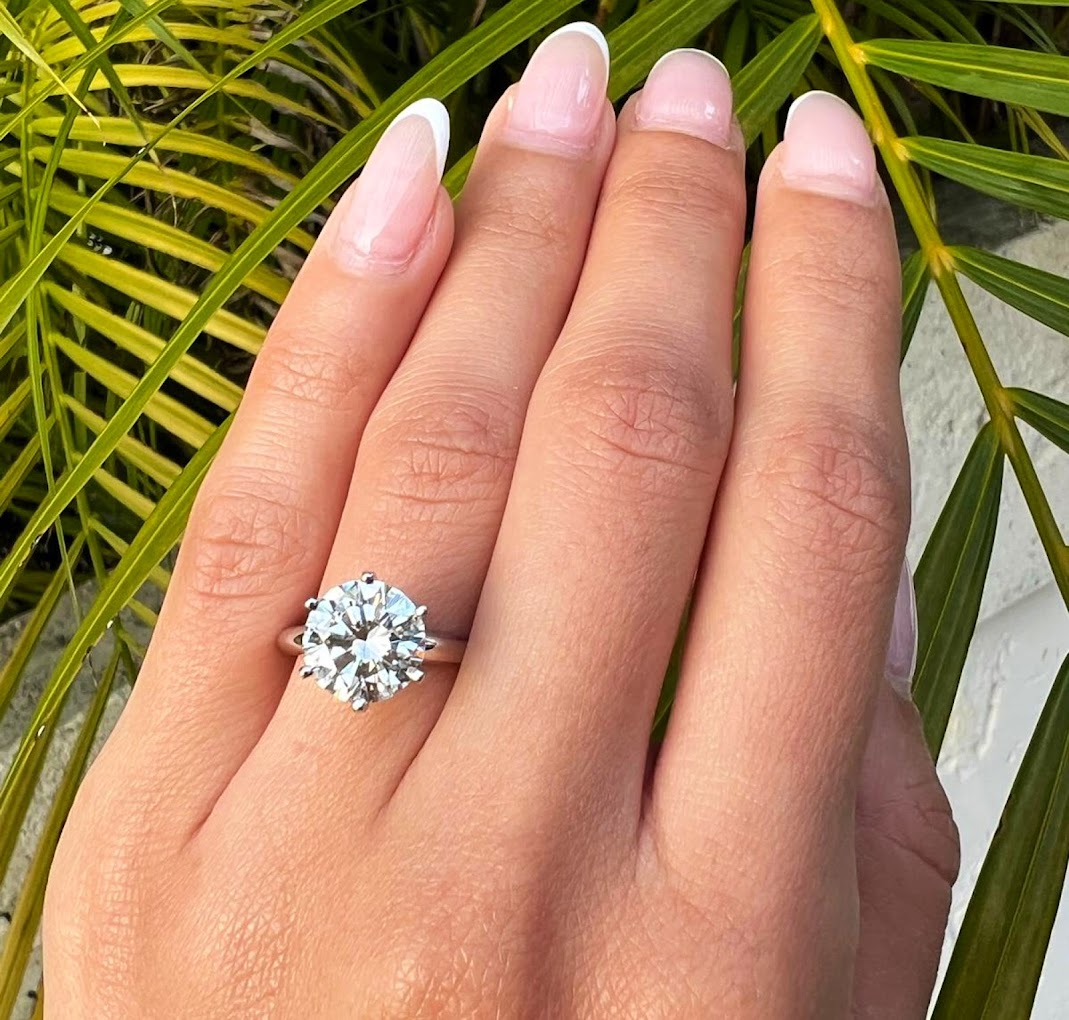All diamonds are special in the sense that they are all different from one another. They
each carry their own unique characteristics when it comes to colors, shapes, sizes and
more. That is part of what makes them extraordinary. The combination of all these
factors establishes the rarity of the diamond, the more rare the more valuable. The way
that the value of a diamond is determined is by the quality. Jewelry professionals came
up with an efficient way to determine these factors, it’s called “The 4 C’s” : Clarity, Color,
Carat Weight and Cut.
The clarity of a diamond alludes to the presences of distinguishing marks on the surface
(blemishes) and inside (inclusions). Taking into account the colossal sum of
pressure/weight utilized to make diamonds naturally, its normal for them to have
blemishes. Inclusions and blemishes are usually the two types of flaws seen in
diamonds. Blemishes, which are on the surface, consist of pits, chips and scratches.
Usually, blemishes are a result of cutting the diamond. Inclusions (interior) comprise of
air bubbles, cracks and foreign materials that are not from the diamond itself. When
evaluating and grading diamonds all these flaws are called inclusions. The measure and
size of the inclusions have a big impact on the brilliance, beauty and fire of the diamond.
The color of the diamond is established by the lack/absence of color. A chemically
unadulterated and perfectly structured diamond has no color tone. The less visible the
color, the higher grade diamond. In other words, the whiter the diamond the higher the
grade. The scale that the color of diamonds is tested by is called the GIA color scale it
runs from colorless (D) to significantly colored (Z). The slightest difference in color can
make a great difference in the value of the diamond. Diamonds range in many different
colors. The ones that fall in the scale of colorless to yellow and brown are categorized in
the normal color range. The ones that are most colorless are the most rare, making
them more valuable. These are the diamonds that set a standard for pricing and
gratings for the others in that category. A colorless diamond permits more light to pass
through it than a colored diamond, and hence emanates more shimmer and brilliance.
The unit of measurement used to weigh diamonds is called a carat. One carat is equal
to 0.200 milligrams, or 1/5 gram and its subdivided into 100 points. For example, a
diamond that weighs half a carat is 50 points. Most people believe that the larger the
diamond the more valuable, but there other factors that determine the true value. Larger
diamonds are more rare and are more treasured, but the cut of the diamond is the factor
concluding its value.
The diamond cut is what determines the beauty and brilliance. If a diamond is perfectly
cut then there is room for compromise when it comes to the other factors. It also makes
blemishes less visible and adds more brilliance to the diamond. The proportion’s will
conclude how the light carries out when it enters the diamond. There are three optical
effects in a well cut diamond: white light reflections (brightness), flashes of color (fire)
and areas of light and dark (scintillation). When a diamond is not cut properly its facets
wont be as proportioned and it will lack brilliance and fire. When it comes to the 4 C’s,
the diamond cut seems to be the most important. So remember when shopping for a
diamond/diamonds don’t only focus on the size, but be aware about its cut as well. The
cut is what will make the diamond more mesmerizing, appealing and valuable.
Looking to Buy or sell your diamond/s .. Click Here


